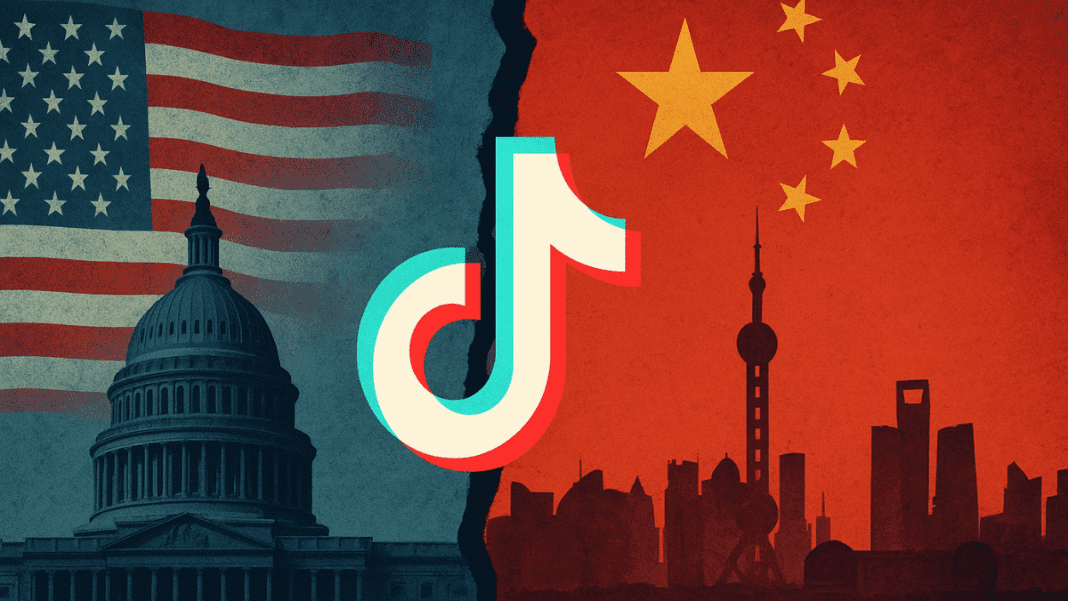A new deal between the U.S. and China could decide the future of TikTok, one of the world’s most popular short-video apps. Officials from both sides recently announced a framework agreement that could move TikTok’s American operations into U.S.-controlled ownership.
But despite the announcement, many questions remain unanswered, and serious hurdles stand in the way before any deal can move forward.
The Algorithm Question
With 170 million Americans using TikTok, the stakes are high. The talks focus not just on ownership but also on sensitive technology, political approval, and control of the app’s most valuable assets. Here are the main challenges that could shape the outcome of this high-profile case.
At the heart of the negotiations is the powerful recommendation algorithm that makes TikTok so popular. This algorithm decides what videos users see, and it is widely considered the app’s most valuable asset. Without it, TikTok in the U.S. may not be the same app that people know today.
China has been clear about its position on this matter. In 2020, when earlier talks about a possible sale took place, China updated its export control rules. These rules gave the Chinese government direct authority to block the transfer of sensitive technologies such as recommendation algorithms. Since then, officials in Beijing have expressed reluctance to let TikTok’s algorithm leave their control.
This creates a major roadblock. Even if ownership of TikTok’s U.S. business changes hands, the deal may not move forward unless both sides agree on what happens to the algorithm. Without clarity, the app’s future in the U.S. remains uncertain.
Approval From Congress
Another hurdle lies in Washington. In 2024, lawmakers passed a law requiring TikTok’s parent company, ByteDance, to sell the app’s U.S. operations or face a ban. The law was passed with wide support across political parties and was later upheld by the Supreme Court. This means that any new agreement must fully comply with the law, or it risks rejection.
How Cyber Attacks on Industrial Control Systems Can Endanger Lives ?
Since the law came into effect, the enforcement deadline has been extended several times. Some lawmakers have questioned the legal authority behind these extensions. They argue that any deal that does not meet the strict terms of the law would not be valid.
This puts the spotlight on Congress. Lawmakers have already said they plan to carefully review the latest deal once the details are made public. If they find that it does not comply with the law, they have the power to block it. This creates uncertainty over whether the framework agreement will survive the political test in Washington.
Who Will Own TikTok After the Deal?
Ownership is another sensitive issue. ByteDance currently owns TikTok and has a mix of American and Chinese investors. The big question is whether ByteDance will be completely removed from TikTok’s U.S. operations.
The expected plan is to spin off TikTok’s American operations into a new company based in the U.S. This company would be majority-owned and operated by American investors. However, it is still unclear whether China will allow ByteDance to fully give up ownership, or if some stake will remain.
Shocking GDPR Complaint Exposes TikTok, WeChat, and AliExpress Over User Data Control
This is critical because lawmakers in the U.S. have stressed that any American investors involved must cut all ties with China. If China keeps even partial ownership, it could create another point of conflict and possibly block the deal.
The structure of the new company is still being worked out, and officials have not released details. What is clear, however, is that ownership and control will remain one of the toughest issues to solve before the deal can be finalized.





